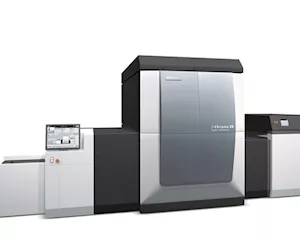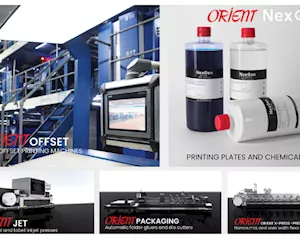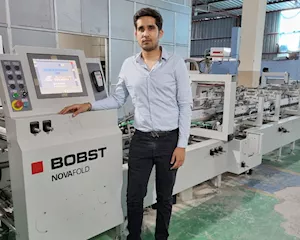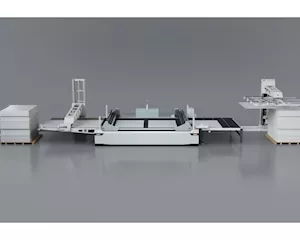Sensitising stakeholders to switch to digital payments, Sanjay Singh on demonetisation
It’s been a month since the government decision to demonetise the currency notes of Rs 500 and Rs 1,000 denominations. The effect of the decision is palpable across industries. As the exchange of paper currencies go down, in a recent development, the government seems to be encouraging cashless transactions, via credit and debit cards and internet and mobile banking. As queues in front of ATM kiosks across the country remain long, PrintWeek India asks industry leaders about the long-term
07 Dec 2016 | By Rahul Kumar
What kind of impact of the decision do you see on the printing ink and consumables industry?
We are currently seeing three kinds of direct impact of demonetisation on the paper industry:
1. Impact on procurement of raw material: Whether it is wood, agro residue or recycled fibre / waste paper, the procurement of raw material has been significantly impacted, as it is largely on cash basis, whether directly or through agents. The tribal community or the farmers engaged in agro-forestry have to be paid in cash, as their access to banks is limited. Similarly, collection of waste paper (from home or otherwise) is in the informal sector and the currency crunch has severely curtailed the trade.
2. Impact on transportation: Despatch of consignments of finished products is getting delayed due to the currency crunch as trucking operations have come to a standstill.
3. Impact on demand: Demand from several segments where the second tier trade takes place on a cash basis has been significantly impacted. Segments like copier paper, tissue paper, greeting / wedding cards, bindi cards, etc have been impacted and orders are being cancelled by traders which is in turn impacting the manufacturers.
Being the president of IPMA, what are your suggestions to the paper industry and the central government?
The government should consider increasing the limit of Rs 50,000 cash withdrawal per week from current accounts by corporates to at least Rs 1 lakh for SMEs, and up to Rs 25 lakh for large corporates.
Meanwhile, IPMA has sensitised its member mills to switch to digital payments to the extent possible.














 See All
See All